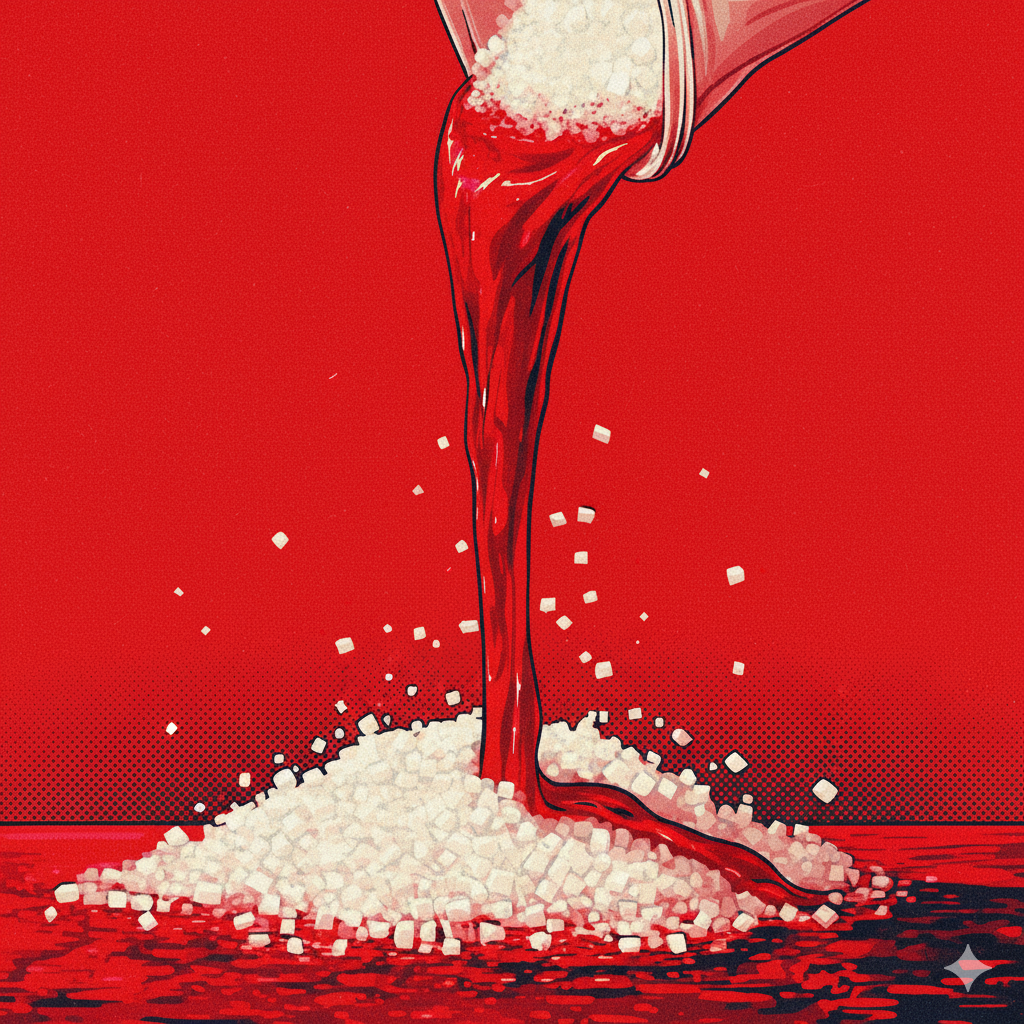**Who Gets Insulin Resistance? Unraveling the Mystery**

Who Gets Insulin Resistance? Unraveling the Mystery
Hey there, health enthusiasts! Let's dive into a topic that's been making waves in the health and wellness sphere: insulin resistance. If you're wondering, "Who gets insulin resistance?" you're not alone. This condition is more common than you might think, and it's not just a concern for those with diabetes. In fact, insulin resistance can impact anyone, and its effects can ripple out to affect many aspects of your health, including fertility.
The Insulin Resistance Rundown
Before we get into the nitty-gritty, let's do a quick refresher on what insulin resistance actually is. Insulin is a hormone that helps your body use glucose (sugar) for energy. When your body becomes resistant to insulin, it's like the key to your cells' energy stores gets jammed. Your body keeps producing insulin, but it's not as effective at getting the glucose where it needs to go.
Dr. Jason Fung, a leading expert in diabetes care, explains it this way: "Insulin resistance is like a door lock that's gotten rusty. You might still be able to jam the key in and turn it, but it's a lot harder than it should be."
The Usual Suspects: Who's at Risk for Insulin Resistance?
So, who gets insulin resistance? You might be surprised to learn that it's not just those with a family history of diabetes or those who are overweight. In fact, insulin resistance can affect anyone. Here are some of the main risk factors:
- Age: Insulin resistance tends to increase as we get older. This is partly due to changes in muscle mass and body composition, but it's also related to hormonal shifts that occur with age.
- Weight: While not everyone who is overweight has insulin resistance, carrying excess weight, especially around the abdomen, increases the risk.
- Lifestyle: Sedentary behavior and poor diet can contribute to insulin resistance. Regular physical activity and a balanced diet can help maintain insulin sensitivity.
- Genetics: If you have a family history of diabetes or insulin resistance, you may be at a higher risk.
- Hormonal conditions: Conditions like polycystic ovary syndrome (PCOS) and metabolic syndrome are often associated with insulin resistance.
Insulin Resistance and Fertility: The Unexpected Connection
One aspect of insulin resistance that's often overlooked is its impact on fertility. Insulin is a key player in the delicate hormonal dance that governs ovulation and menstrual cycles. When insulin levels are out of whack, it can throw off this balance, leading to irregular cycles, ovulation issues, and even infertility.
Dr. Fiona McCulloch, a naturopathic doctor specializing in PCOS, explains the connection: "Insulin resistance can create a hormonal domino effect that disrupts ovulation and impacts egg quality. It's a major factor in fertility issues, especially in women with PCOS."
Tackling Insulin Resistance: A Holistic Approach
The good news is that insulin resistance is not a life sentence. With the right lifestyle changes, you can improve your insulin sensitivity and boost your overall health. Here's where to start:
- Nutrition: Focus on a balanced diet with plenty of whole foods, lean proteins, and healthy fats. Limit processed foods and sugars.
- Exercise: Regular physical activity helps your body use insulin more efficiently. Aim for a mix of cardio, strength training, and flexibility exercises.
- Stress management: Chronic stress can contribute to insulin resistance. Incorporate stress-reducing activities like yoga, meditation, or deep breathing into your routine.
- Sleep: Quality sleep is crucial for hormone regulation, including insulin. Aim for 7-9 hours of sleep per night.
The Bigger Picture: Insulin Resistance and Your Fertility Journey
While insulin resistance is a key player in fertility, it's just one piece of the puzzle. At Conceivable, we understand that fertility is a complex interplay of many factors, from hormonal balance to lifestyle habits. That's why we've developed Kirsten AI, a personalized fertility coach that takes into account all aspects of your fertility picture.
Kirsten AI doesn't just track your menstrual cycle. It analyzes your diet, sleep patterns, stress levels, and physical activity to create a comprehensive fertility plan tailored to your unique needs. And with the Halo ring, you can monitor key health metrics like heart rate, sleep quality, and activity levels, giving you even more insight into your fertility health.
Wrapping Up: Your Fertility, Your Control
So, who gets insulin resistance? The answer is, it could be anyone. But with the right knowledge and tools, you can take control of your insulin health and boost your fertility. Remember, your fertility journey is unique, and there's no one-size-fits-all solution. With Conceivable and Kirsten AI, you have the power to understand and optimize your fertility in a way that works for you.
Ready to take the next step on your fertility journey? Check out Conceivable and discover how Kirsten AI can help you unlock your fertility potential. Because when it comes to fertility, knowledge is power. Let's harness that power and make your fertility dreams a reality.
